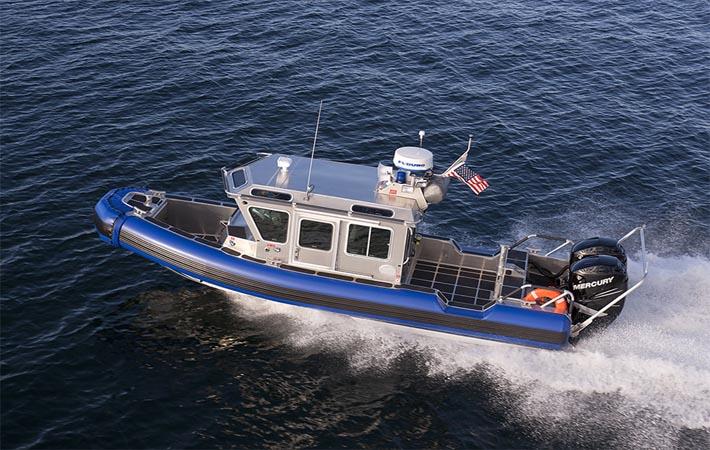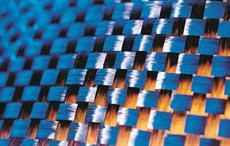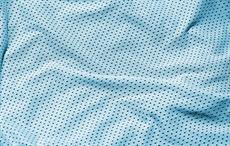Erez’s thermoplastic polyurethane (TPU) fabric is now a top choice for rigid inflatable boat (RIB) construction market. The RIB market has traditionally been driven by factors such as boat lifespan, endurance, durability, ease of manufacture, field repair, and cost. Erez, from Israel, has earned the reputation as a leader in coated technical textiles.
Professional RIB manufacturers have specific material requirements, stemming from the needs of the application, as well as boating market trends. Materials are of course required to have excellent strength, weather resistance, and UV stability. Less apparent characteristics – although equally as important – are fabric flexibility, air holding, and ability to form strong welds. Not long ago, a material that fit the bill was synthetic rubber or CSM (chlorosulfonated polyethylene).Erez's thermoplastic polyurethane (TPU) fabric is now a top choice for rigid inflatable boat (RIB) construction market. The RIB market has traditionally been driven by factors such as boat lifespan, endurance, durability, ease of manufacture, field repair, and cost. Erez, from Israel, has earned the reputation as a leader in coated technical textiles.#
RIB manufacturers were widely using this material for all of their technical fabric needs. However, due to various environmental considerations and the rise of new material options, manufacturers are increasingly switching to better alternatives.
TPU outperforms CSM in mechanical properties, such as abrasion and extreme weather endurance. Modern TPU copolymers demonstrate excellent resistance to UV exposure, significantly improving the lifespan of a RIB boat. It also results in products having less overall weight, compared to the weight they would otherwise have if manufactured from CSM, Erez said in a press release.
Moreover, TPU offers superior RIB performance and endurance due to two major factors. First of all, it can be easily welded using just hot air or other heat-based welding techniques. Secondly, the resulting weld forms a uniform fused surface with great air holding capability; contrary to CSM, which requires the application of glue for bonding, a process that takes more time and produces non-uniform joints of lower quality and air holding capacity, in comparison to TPU.
This difference in time is significant. While the adhesion of the inflatable boat collar from CSM will take several days to complete, the adhesion of the collar from TPU will take only several hours.
CSM involves hazards for both raw material producers and RIB manufacturers. Its use of harmful lead-based chemicals further contributes to it being an unsustainable material. Moreover, it does not offer the same end of life recycling options as TPU products.
Therefore, a critical advantage of TPU over Hypalon – or any off-brand SCM/CSPE material for that matter – is its environmental sustainability. TPU manufacturing does not involve any dangerous chemicals. Nor does it give off any toxic fumes when burned or heated. In the production of CSM boats, factory workers would risk exposure to odours and dangerous toxins from the bonding of the boat collar, as opposed to the production with TPU, where there are no such toxins even during the welding process. (GK)
Fibre2Fashion News Desk – India


